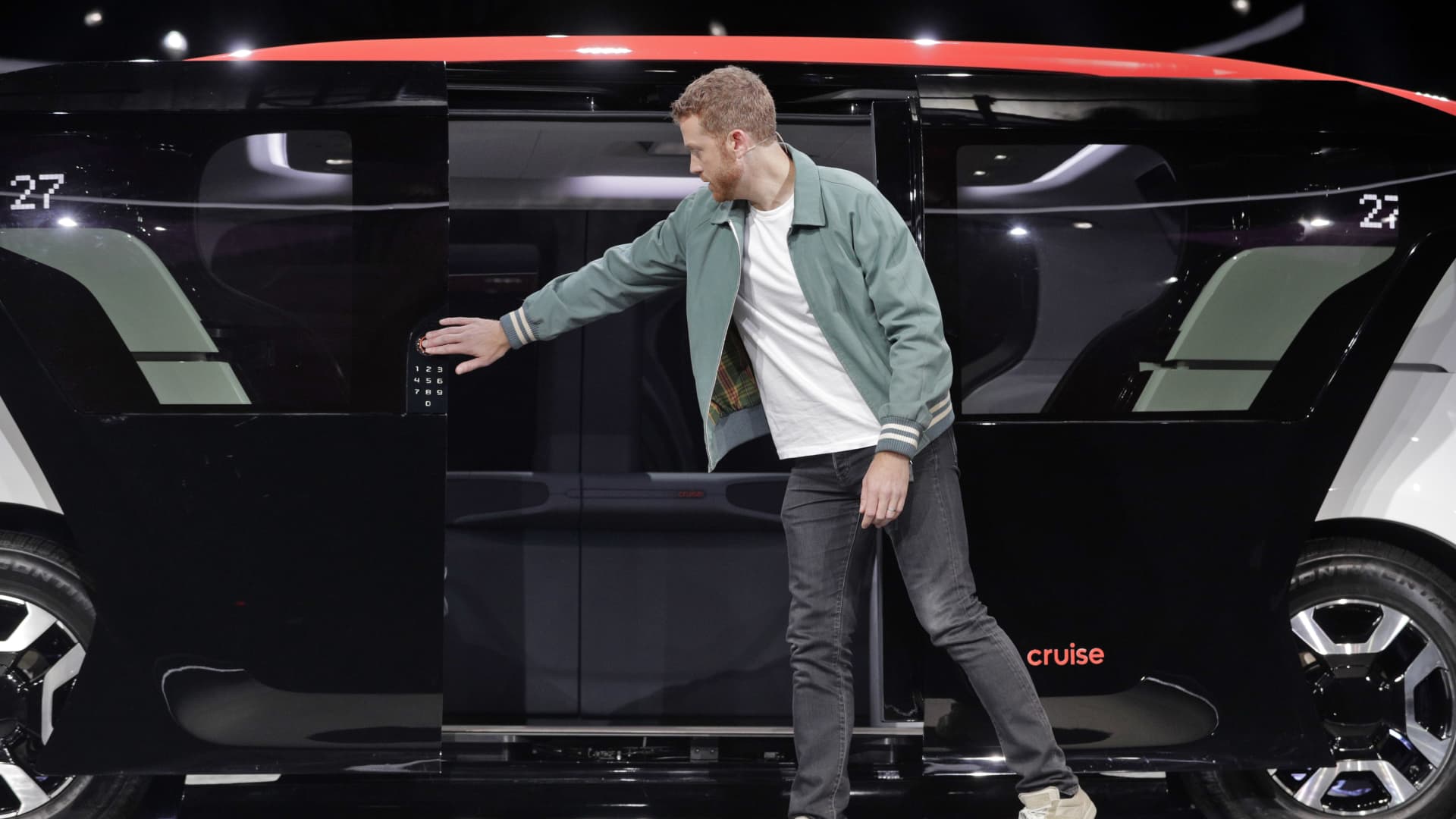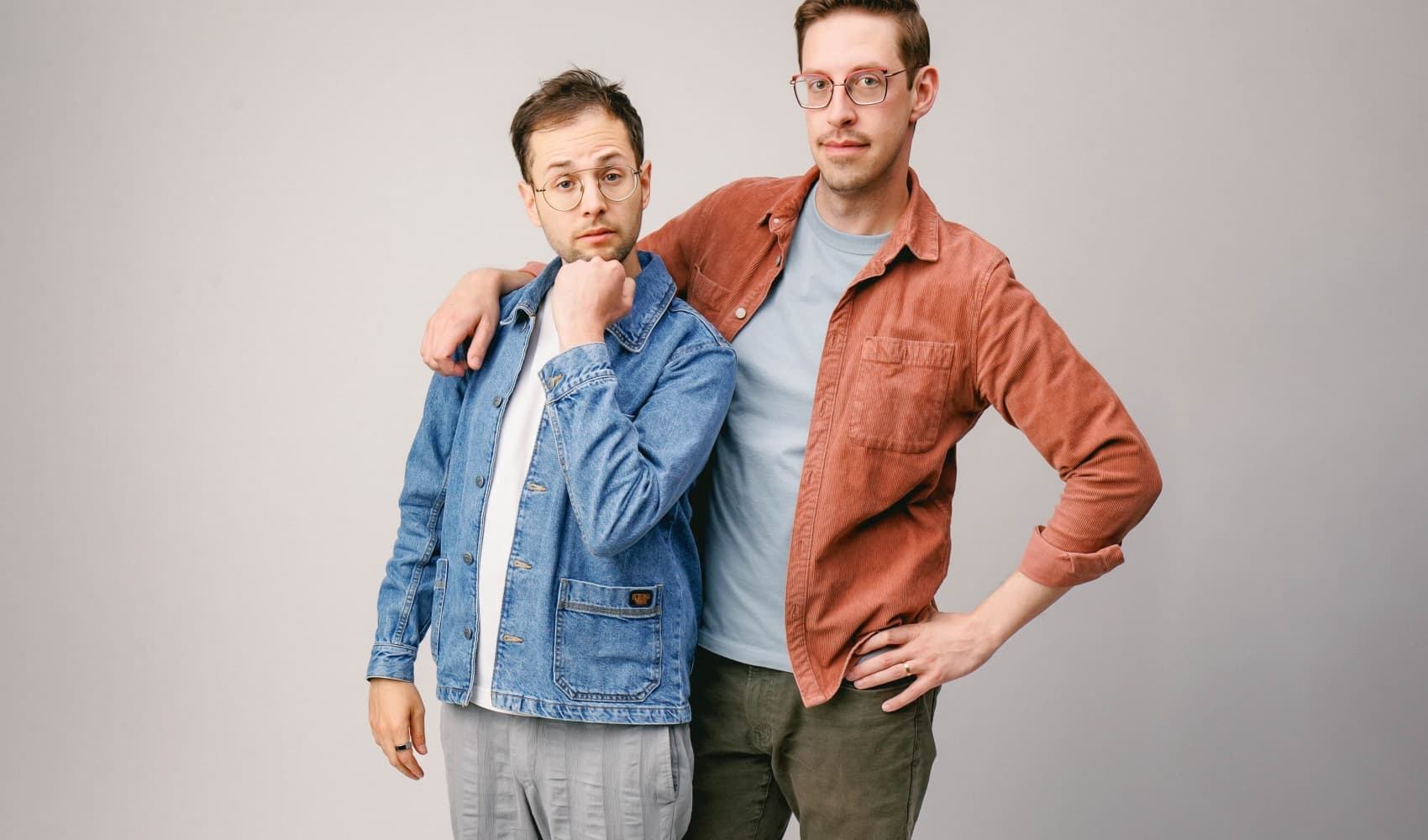
- GM is indefinitely delaying production of its Origin autonomous vehicle as its embattled Cruise self-driving unit attempts to relaunch operations.
- The automaker said Cruise will instead focus on using the next-generation Chevrolet Bolt for development of autonomous vehicles.
- GM CEO Mary Barra said in a Tuesday letter to shareholders that the change will lower Cruise's costs and "addresses the regulatory uncertainty" around the vehicles' lack of manual controls.
DETROIT – General Motors is indefinitely delaying production of its Origin autonomous vehicle as its embattled Cruise self-driving unit attempts to relaunch operations.
The Detroit automaker said Tuesday its majority-owned robotaxi unit will instead focus on using the next-generation Chevrolet Bolt for development of autonomous vehicles. Cruise has been using now-discontinued Bolts for autonomous vehicle development for several years.
GM CEO Mary Barra, who leads Cruise's board, said in a letter to shareholders that the change will lower Cruise's costs and "addresses the regulatory uncertainty" around the vehicles' lack of manual controls such as a steering wheel or pedals.
GM disclosed the change as part of its second-quarter earnings, which included roughly $600 million in special charges related to the halt in production of the Origin at a plant in Detroit.
The company "temporarily" stopped production of the Origin in November, days after the unit said it was pausing all driverless operations related to an accident in which a pedestrian in San Francisco was dragged roughly 20 feet by a Cruise robotaxi after the individual had been struck by a separate vehicle.
Former Cruise CEO Kyle Vogt said Tuesday he was "disappointed" with GM's plans to shelve the Origin. The Cruise cofounder, who was pushed out as a result of the October accident, also criticized GM for not capitalizing on the business as well as others.

"GM repeatedly finds themselves with a 5-10 year head start, but then fumbles the ball, shuts things down, and loses the lead. Anyone remember the EV1? It's like someone keeps letting them look into a crystal ball and then they just go, 'nah, we're good,' " Vogt said in a post on X.
Money Report
Feeling out of the loop? We'll catch you up on the Chicago news you need to know. Sign up for the weekly Chicago Catch-Up newsletter.
A third-party probe into the October incident ordered by GM and Cruise found that culture issues, ineptitude and poor leadership fueled regulatory oversights that led to the accident. The inquiry also looked into allegations of a cover-up by Cruise leadership, but investigators did not find evidence to support those claims.
During that time, San Francisco-based Cruise was attempting to expand its operations into a revenue-generating business for GM, which has been a majority owner of the company since acquiring it in 2016. Other investors now include Honda Motor, Microsoft, T. Rowe Price and Walmart.
Cruise has resumed supervised driving in Phoenix, Houston and Dallas, in addition to its ongoing testing in Dubai. It has not relaunched in San Francisco, where it remains under investigation related to the accident.
It was not immediately clear how many Origin vehicles the facility has produced, however it was previously reported Vogt told staff that hundreds of Origin vehicles had been produced.
Cruise in February 2022 petitioned U.S. regulators seeking permission to deploy up to 2,500 self-driving Origin vehicles annually without the human controls.






